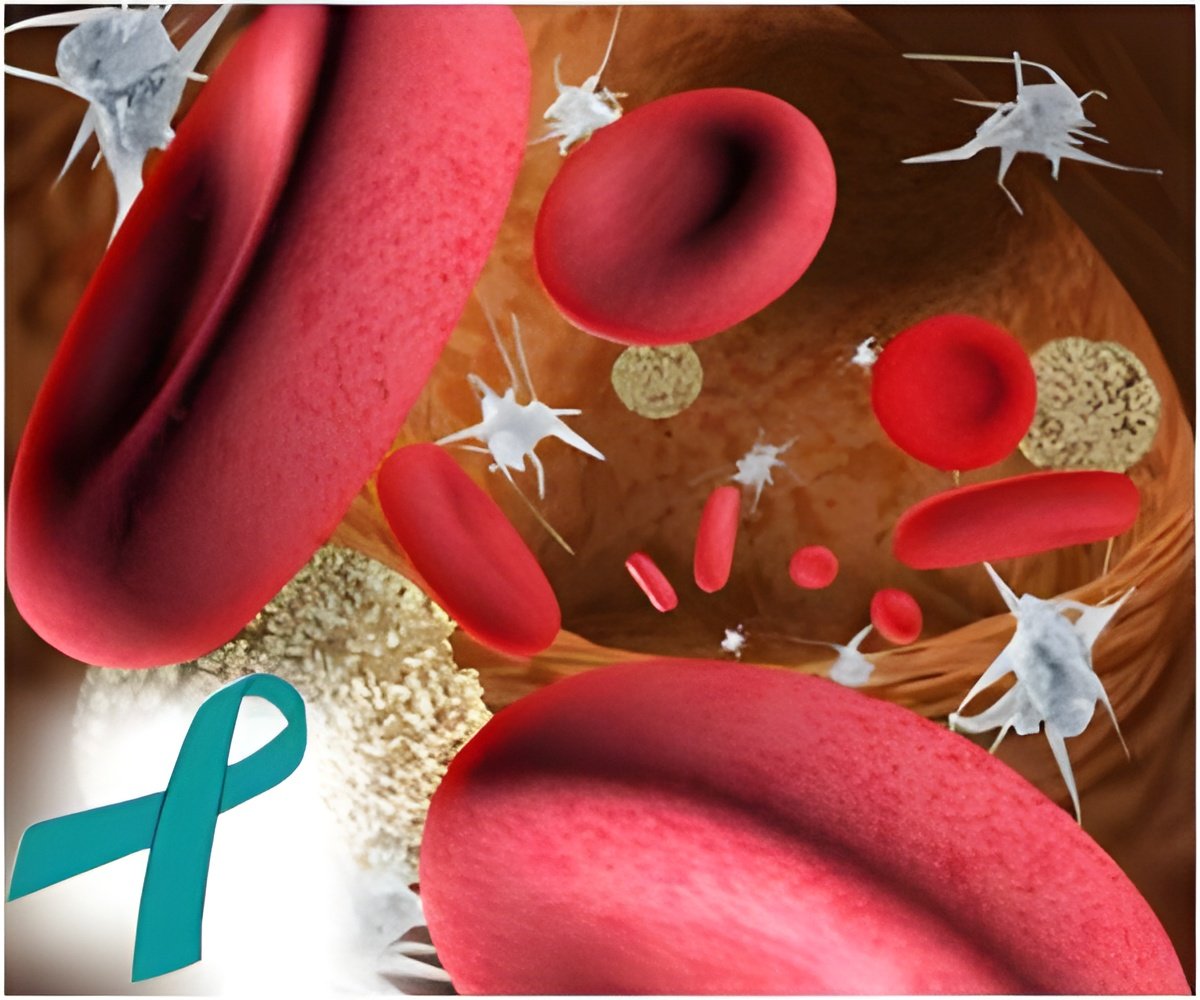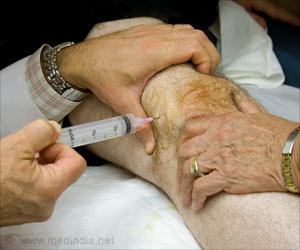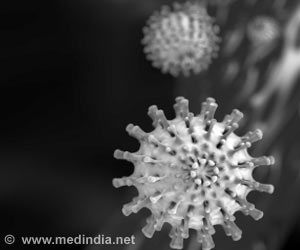Now, doctors cannot produce large quantities of platelets in the lab and instead must rely on platelet donations for patients.

‘It's thought that in our bodies every single megakaryocyte produces like a thousand platelets, and when you do it in culture [outside the body] it's like 10.’





"The quantities we can produce outside the body are very, very small, and the inability to scale up right now is a major roadblock. We think that our understanding of this pathway is actually a critical step toward fixing that problem." Scientists also may be able to use this master switch to battle neonatal thrombocytopenia, a condition that complicates the care of babies who are already at great risk. "It turns out in premature infants and newborns that [the platelet] reserve is compromised. They are less capable of responding to distress and the demand for increased platelet production," Goldfarb said. "A goodly percentage of those babies, these tiny little babies, require platelet transfusions to keep their platelets up." The switch discovered by Goldfarb's team controls whether the bone marrow produces cells called megakaryocytes of the type seen in adults or of the sort found in infants. This is important because the adult and infantile versions have very different specialties: Adult megakaryocytes are great at making platelets. Lots and lots of them. Infantile megakaryocytes, on the other hand, are much smaller cells, and they concentrate on dividing to produce more megakaryocytes.
The ability to toggle between the two could be a huge asset for doctors. Now, doctors cannot produce large quantities of platelets in the lab and instead must rely on platelet donations for patients. The new finding, however, may help change that. "It's thought that in our bodies every single megakaryocyte produces like a thousand platelets, and when you do it in culture [outside the body] it's like 10," he said.
"We think the pathway we're studying enhances the efficiency of platelet release, and this pathway, we think, could be manipulated in both directions: to suppress the pathway to promote the growth [of megakaryocytes] and then to activate the pathway at some point to enhance the efficiency of platelet release." The study appears in Journal of Clinical Investigation.
Source-ANI














